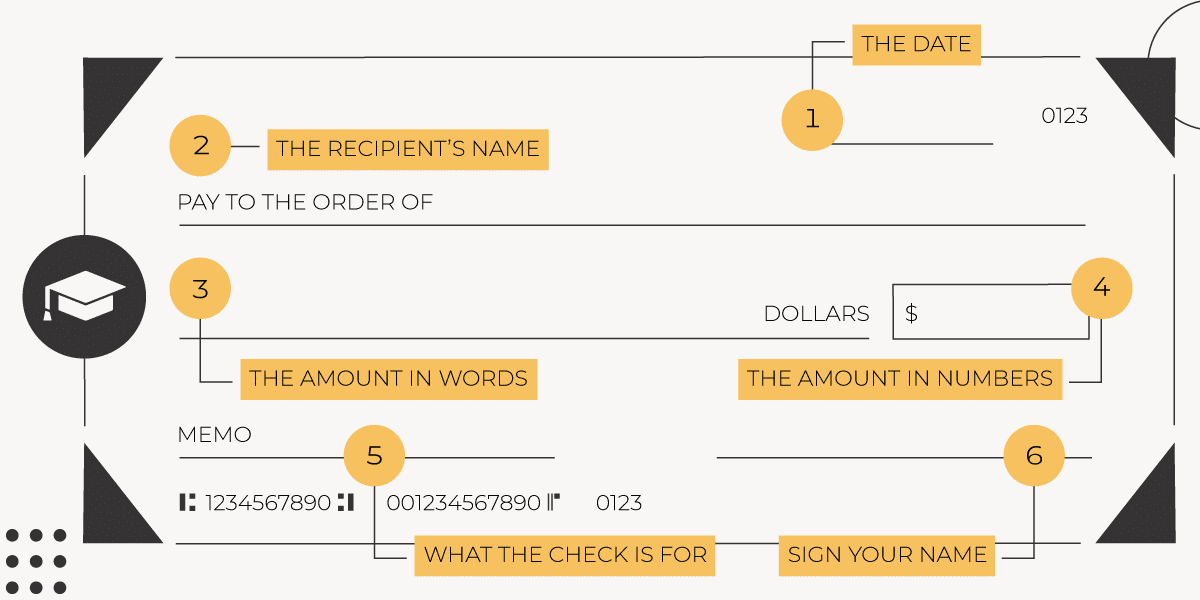Routing Number
Definition
A routing number is a nine-digit code used in the United States to identify a financial institution in a transaction.
Detailed Explanation
Routing numbers, also known as ABA numbers or routing transit numbers, are unique codes assigned to banks and other financial institutions to facilitate the processing of electronic transactions, including direct deposits, wire transfers, and payments through the automated clearing house (ACH) system.
These numbers are managed by the American Bankers Association (ABA) and are essential for ensuring that funds are accurately directed to the correct bank during a transaction. Each bank may have multiple routing numbers that vary based on the location of the bank’s branches or the type of transaction being processed.
The first four digits of the routing number represent the Federal Reserve routing symbol, the next four digits identify the specific bank, and the last digit is a check digit used to verify the accuracy of the entire routing number.
Example
When Alex sets up direct deposit for his paycheck, he provides his employer with his bank’s routing number and his checking account number. The routing number ensures that his salary is deposited into the correct bank and account each payroll period.
You can find your routing number on your bank's website or on the bottom of a check next to your account number.

Key Articles Related To Routing Numbers
Related Terms
ABA Number: Another term for the routing number, originally assigned by the American Bankers Association.
Account Number: A unique string of numbers that identifies an individual account within a financial institution.
Automated Clearing House (ACH): A network that coordinates electronic payments and automated money transfers.
Check Digit: A form of redundancy check used for error detection on identification numbers.
FAQs
How can I find my bank’s routing number?
You can find your bank’s routing number on your bank statements, at the bottom of your checks, on your bank’s website, or by contacting your bank directly.
Is it safe to share my routing number?
It is generally safe to share your routing number for legitimate banking transactions, but you should always ensure that you are sharing it with trusted entities and for the correct purposes.
Can routing numbers change?
Yes, routing numbers can change. Banks may update their routing numbers due to mergers, acquisitions, or internal restructurings. It’s important to use the correct routing number to avoid delays in processing transactions.
Editor: Colin Graves